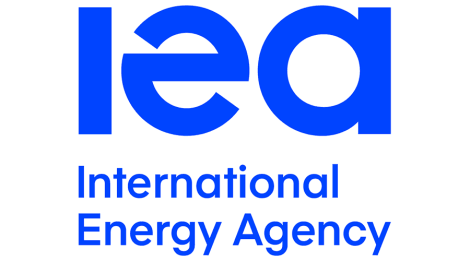-
Geopolitical tensions reinforce need for faster expansion of clean energy – IEA
Date posted:
-
-
Post Author
Tracey Biller
-

The International Energy Agency’s 2024 World Energy Outlook was launched at a live-streamed event on 16 October.
The agency’s flagship annual report is an authoritative source of global energy analysis and projections that identifies and explores the biggest trends in energy demand and supply, as well as what they mean for energy security, emissions and economic development.
In particular, the new report underscores that today’s geopolitical tensions and fragmentation are creating major risks both for energy security and for global action on reducing greenhouse gas emissions.
The report’s projections indicate that as global electricity demand soars, the world is set to enter a new energy market context in the coming years, marked by continued geopolitical hazards but also by a relatively abundant supply of multiple fuels and technologies.
Speaking at the launch event, IEA Executive Director Fatih Birol said the prospect of fuel abundance, depending how geopolitical tensions evolve, “implies downward pressure on prices, providing some relief for consumers…and giving policymakers room to “focus on stepping up investments in clean energy transitions and removing inefficient fossil fuel subsidies.”
Referring to concerns raised by developments in the Middle East amongst other issues, he warned, however, that government policies and consumer choices would have “huge consequences for the future of the energy sector and for tackling climate change.”
Other key insights from the report include the following:
- Secure decarbonisation of the electricity sector requires investment in grids and storage to increase even more quickly than clean generation, and the investment ratio to rebalance to 1:1. Many power systems are currently vulnerable to an increase in extreme weather events, putting a premium on efforts to bolster their resilience and digital security.
- In some regions, high financing costs and project risks are limiting the spread of cost-competitive clean energy technologies to where they are needed most. Lack of access to energy remains the most fundamental inequity in today’s energy system, with 750 million people – predominantly in sub-Saharan Africa – without access to electricity and over 2 billion without clean cooking fuels.
- The world is still a long way from a trajectory aligned with its net zero goals. Based on today’s policy settings, global carbon dioxide emissions are set to peak imminently, but the absence of a sharp decline after that means the world is on course for a rise of 2.4 °C in global average temperatures by the end of the century, well above the Paris Agreement goal of limiting global warming to 1.5 °C.
